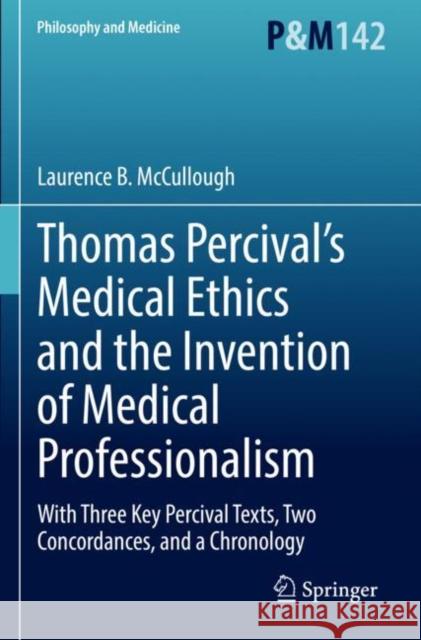Thomas Percival's Medical Ethics and the Invention of Medical Professionalism: With Three Key Percival Texts, Two Concordances, and a Chronology » książka
topmenu
Thomas Percival's Medical Ethics and the Invention of Medical Professionalism: With Three Key Percival Texts, Two Concordances, and a Chronology
ISBN-13: 9783030860387 / Angielski
Thomas Percival's Medical Ethics and the Invention of Medical Professionalism: With Three Key Percival Texts, Two Concordances, and a Chronology
ISBN-13: 9783030860387 / Angielski
cena 523,30
(netto: 498,38 VAT: 5%)
Najniższa cena z 30 dni: 501,19
(netto: 498,38 VAT: 5%)
Najniższa cena z 30 dni: 501,19
Termin realizacji zamówienia:
ok. 16-18 dni roboczych.
ok. 16-18 dni roboczych.
Darmowa dostawa!
Kategorie BISAC:
Wydawca:
Springer
Seria wydawnicza:
Język:
Angielski
ISBN-13:
9783030860387











